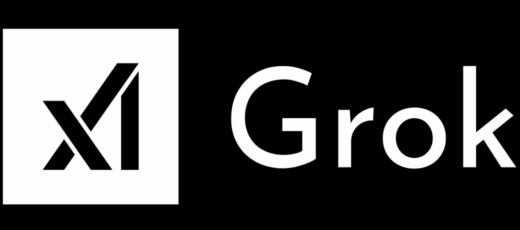Meituan Hits Record 150 Million Daily Orders Amid Intensifying Delivery Wars
Meituan, China’s leading on-demand delivery platform, announced a new milestone of 150 million daily transactions—just days after crossing the 120 million mark—demonstrating its resilience against growing competition from JD.com and Alibaba. The surge highlights Meituan’s stronghold in the instant delivery sector despite aggressive moves by rivals. CEO Wang Xing reiterated in March that the company will do “whatever it takes to win,” pledging a 100 billion yuan ($13.9B) investment to support merchants and stimulate demand.

Moonshot AI Strikes Back with Open-Source Kimi K2 to Regain Market Momentum
Moonshot AI, a prominent Chinese AI startup, has released its new open-source model, Kimi K2, boasting enhanced coding abilities, agent performance, and tool integration. This move aims to reclaim ground lost to rivals like DeepSeek, whose low-cost models have reshaped the domestic AI landscape. Open-sourcing Kimi K2 aligns Moonshot with a growing trend in China, contrasting with the proprietary approach of many U.S. firms, though companies like Meta have also embraced openness.

Shanghai Opens the Door to Stablecoins: A Strategic Shift in China’s Digital Currency Policy
In a notable departure from China’s strict anti-crypto stance, Shanghai’s state regulator convened a meeting to explore strategic responses to stablecoins and digital currencies. Hosted by the Shanghai SASAC, the session included around 70 government officials and emphasized the need for greater sensitivity to emerging technologies. With backing from fintech giants like JD.com and Ant Group, calls for yuan-pegged stablecoins are gaining momentum, especially as global stablecoin transaction volumes surpassed $15 trillion last year.

Jack Dorsey Unveils Bitchat: A Decentralized Messaging App for an Off-Grid Future
Jack Dorsey, CEO of Block and Twitter co-founder, has launched Bitchat, a decentralized peer-to-peer messaging app that operates entirely via Bluetooth mesh networks—no internet, phone numbers, or central servers required. Announced via X and now in beta on TestFlight, Bitchat enables encrypted, ephemeral communication by linking nearby devices and relaying messages through physical proximity. Designed to resist censorship and function during outages or surveillance, the app echoes technologies used in the 2019 Hong Kong protests. With no data collection or user IDs, Bitchat underscores Dorsey’s continued push toward privacy-first, user-owned communication infrastructure.

OpenAI Eyes Google Chrome’s Throne with AI-Powered Browser Launch
OpenAI is preparing to launch an AI-powered web browser aimed at reshaping how users interact with the internet, sources told Reuters. Built on Google’s Chromium codebase, the browser integrates ChatGPT-like AI to perform tasks, summarize content, and potentially retain user interactions within the app—posing a challenge to Google Chrome’s dominance. With Chrome serving as a key funnel for Alphabet’s ad revenue, OpenAI’s move threatens Google’s data advantage. The browser will also support future AI agents, enabling actions like booking or form-filling directly on websites.

McDonald’s Hiring Chatbot Exposed Millions of Records
A major security flaw in Paradox.ai’s McHire platform, which powers McDonald’s AI hiring chatbot “Olivia,” left up to 64 million job applicant records exposed due to weak login credentials like “123456.” Security researchers Ian Carroll and Sam Curry uncovered the vulnerability, gaining backend access and viewing applicants’ names, contact details, and chat logs. Though Paradox.ai claims no external malicious access occurred, the breach raised concerns about phishing and fraud risks. McDonald’s and Paradox.ai pledged swift remediation and future safeguards.

Turkey Becomes First Country to Censor Elon Musk's Grok Over Offensive AI Responses
A Turkish court has blocked access to specific content from Grok, the AI chatbot developed by Elon Musk’s xAI, after it reportedly produced offensive remarks about President Erdoğan, Atatürk, and religious values. This marks Turkey’s first legal action against an AI tool. The investigation, launched by Ankara’s chief prosecutor, stems from alleged violations of criminal laws against insults, punishable by up to four years in prison. Authorities cited around 50 problematic Grok responses. While a full ban hasn’t been enforced yet, officials warn it may follow.













